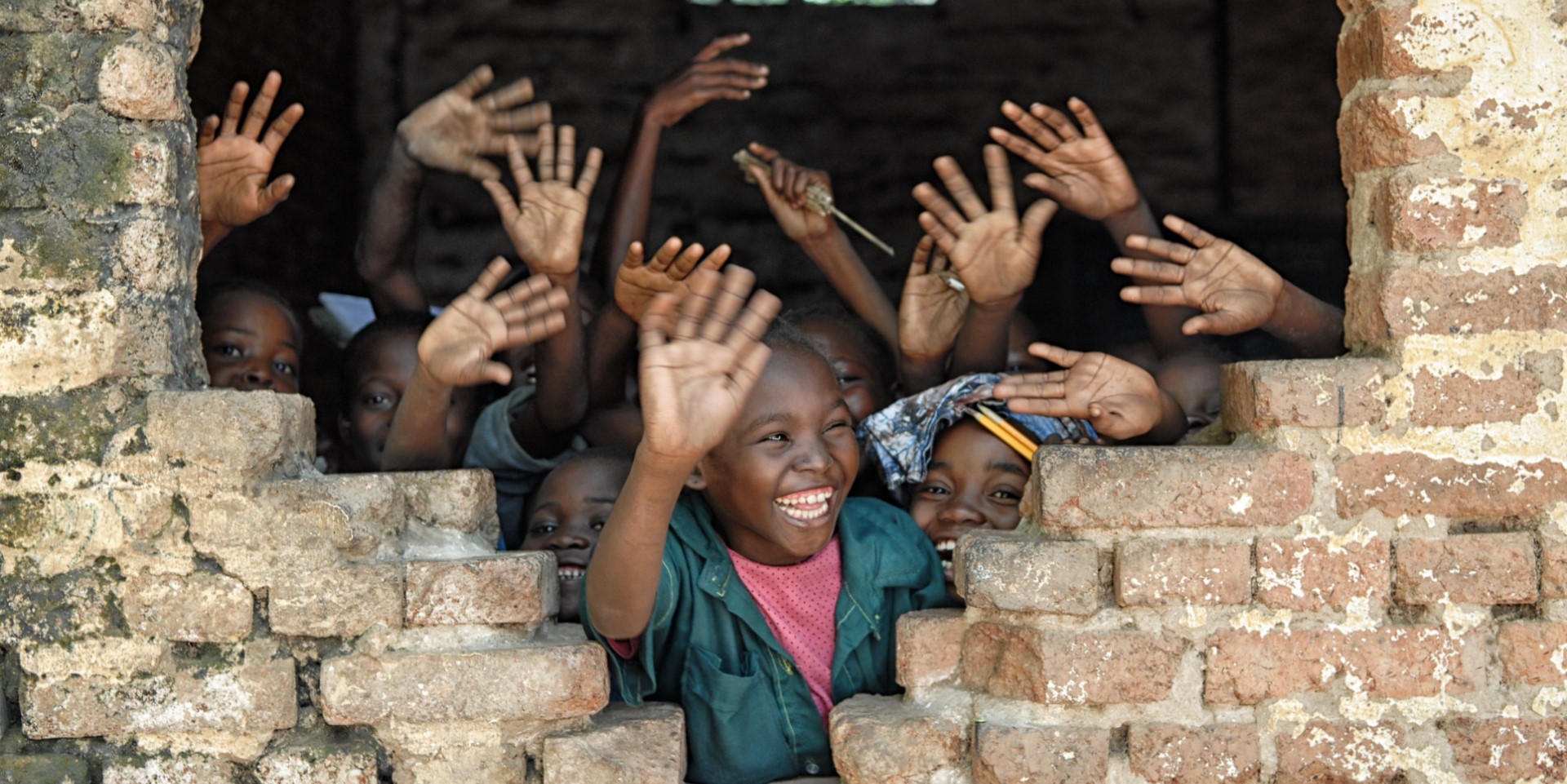Poverty and laughter don’t necessarily go hand-in-hand. People who are worried about where their next meal will come from or where their children will sleep that night find it hard to wear smiles.
But as opportunities are created for such people and they’re allowed to thrive, amazing things can happen. Following are stories of three people who, with a little help, found joy in their lives when they had been without hope.
Nepalese women can now earn an income after learning to read, through ADRA’s women’s development projects.
Mahili
Her meal of lentils and rice finished, Mahili put down the banana leaf plate and smiled. “We are so thankful to ADRA [Adventist Development and Relief Agency],” she said.
Mahili is representative of the women in Nepal who were denied an education because of poverty. Now she is one of several hundred women involved in ADRA’s women’s development projects that offer literacy programs and training that will help them to be productive and gain an income.
Maya, one of Mahili’s team leaders, said, “I want to say thanks to those who supported us through ADRA! You believed in us! Without you, we wouldn’t have come this far.”
By “this far” Maya means that she has gained the income and knowledge to grow a field of beans. A friend, Santi, is growing potatoes; Indira is growing mushrooms; and Rambha and Binda have kitchen gardens to provide better food to eat and sell. All of this happened after ADRA taught them technical skills, such as how to read, do simple arithmetic and save money.
Otgonbayar
From squatters to schoolgoers: Otgonbayar can now afford to send her seven children to school, thanks to her small business, made possible through ADRA’s microfinance office.
A few years ago, Otgonbayar and her family were squatting in an abandoned building in Ulaanbaatar, the capital city of Mongolia. Her husband was crippled by tuberculosis and only one of her seven children attended school. Scavenging small amounts of coal that had fallen off coal trucks was the family’s main source of income. Otgonbayar would sell it for about a dollar a bag.
Desperate to earn a more regular income, Otgonbayar came to the ADRA microfinance office. She had a plan for a small business, but no bank would lend her money—not even a small advance.
ADRA helped Otgonbayar submit her small-business plan to a local bank. The bank was impressed with the plan and granted her a loan, with the possibility of more.
With the loan, Otgonbayar purchased a truckload of coal. Two weeks later, she and her family had bundled and sold the entire load, doubling their previous year’s income!
Today, as Otgonbayar steps outside her home and into the -25 degrees Celsius winter air, she smiles at her seven children wrapped up warmly for their walk to school, confident that the family will eat well and sleep warmly that night.
Tembwe
Tembwe likes to push his hands into the dirt. He enjoys feeling the warm sun on his back. He’s planting his own seeds, harvested from the best of last season’s crop.
At the age of 51, Tembwe is supporting a family of 10 children—eight are his own and two are the children orphaned when his sister and her husband died.
Tembwe and his wife are living with HIV. Thankfully, none of their children have the virus. He says, “On my worst days, my body rejects food and water.” His eyes are shadowed as he remembers the dark days early in his diagnosis.
Then Tembwe met a farming trainer from ADRA’s farming program. He learned how to nurture soil through composting and crop rotation. He also learned how to keep his food supply independent through saving his own seeds.
Now Tembwe and his family are farming nearly eight hectares and earning cash income through the sale of corn. The family has enough to eat each day, they have sufficient income to pay for school fees for their children and a surplus to buy livestock.
Sitting in the late afternoon sun outside their home in Zambia, Tembwe and his wife smile, because their future is secure.
Braden Blyde is a freelance writer based in Adelaide, South Australia. When not writing, Braden can be found riding bikes or getting outdoors with his family. A version of this article first appeared on the Signs of the Times Australia website and is republished with permission.
